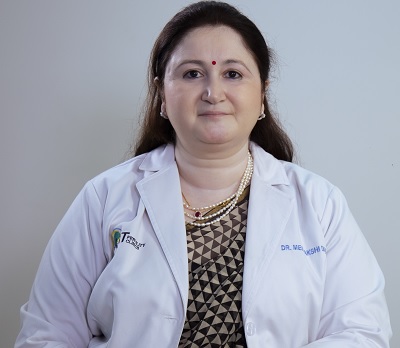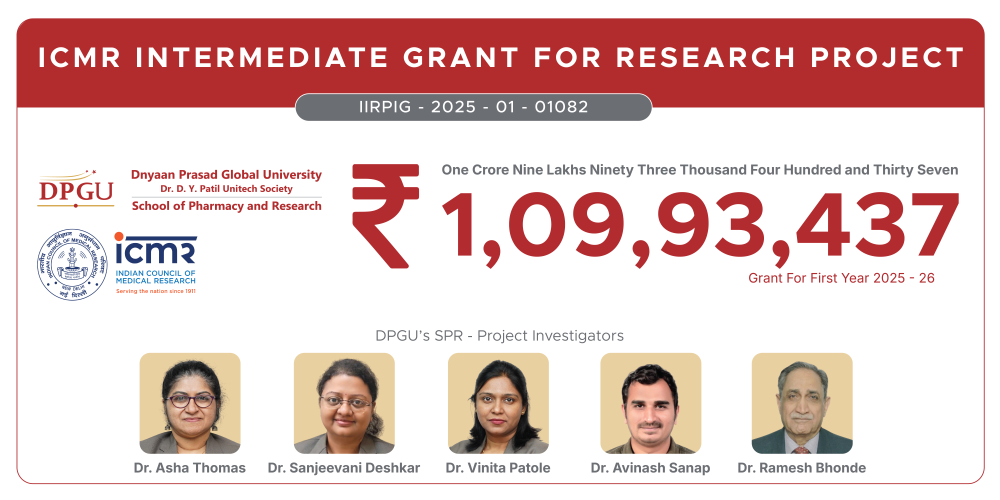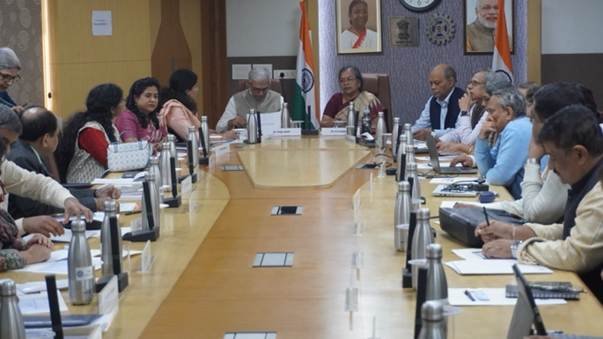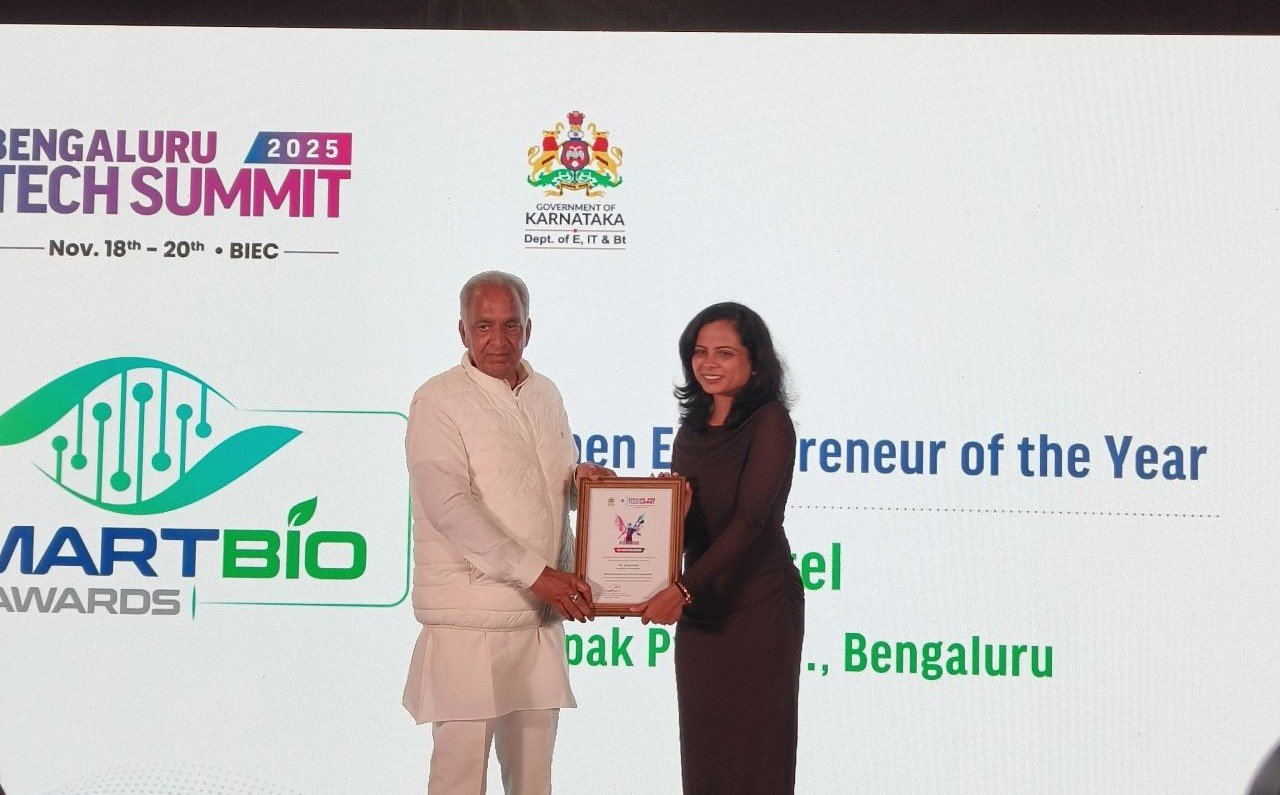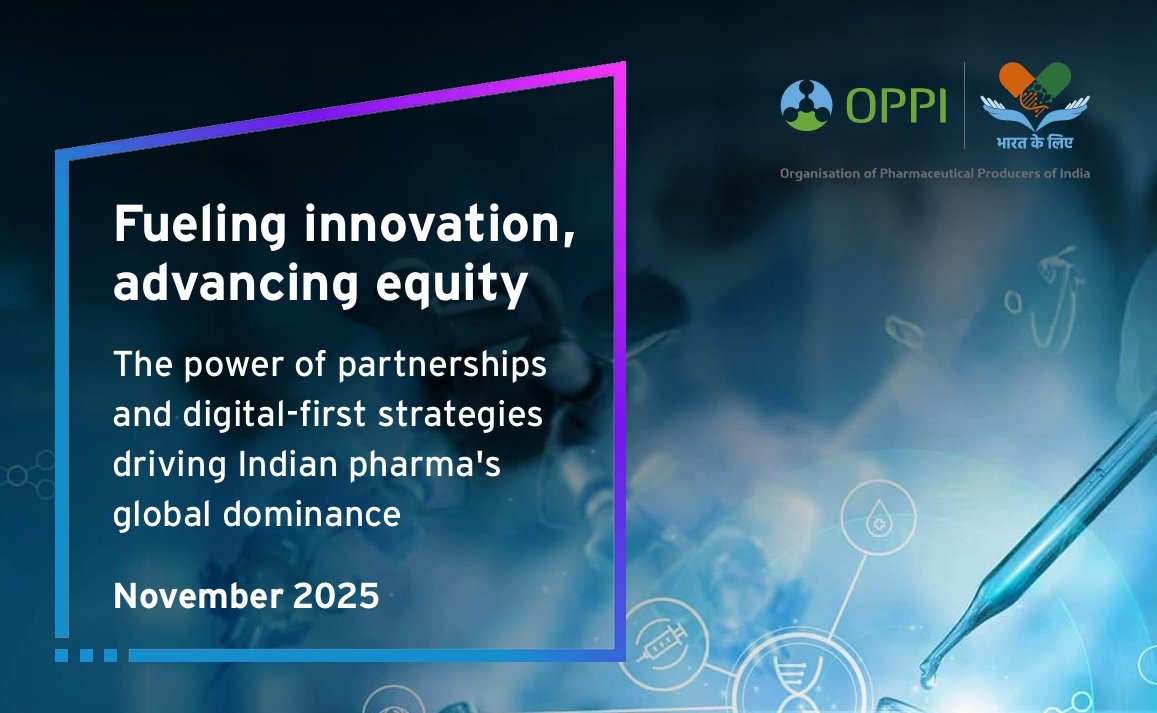Fertility preservation in India and the challenges
June 27, 2022 | Monday | Views
India-specific fertility-preservation challenges and their resolution cancer continues to be a scourge in India. Dr Meenakshi Dua, Clinical Director, ART Fertility Clinic, India reveals more
Fertility preservation is the process of harvesting and storing eggs, sperm, and embryo or reproductive tissue in advance so that a person can use them to have biological children in the future. It offers a lifeline to would-be parents who have been diagnosed with serious diseases that could compromise or impair their fertility, as well as to those who due to their lifestyle choices, seek to delay the start of their family. Recent advances in reproductive medicine have made several options available to preserve fertility.
According to the recently implemented ART (Regulation), Act 2021 in India, eggs and sperms can be stored for an indefinite period, as long as these are cryopreserved (frozen for storage) for self-use.
Medical reasons for fertility preservation
Fertility preservation is the best option for men and women, who are unfortunately diagnosed with cancer, which requires chemotherapy or radiation in the region of the pelvis. They can avail themselves of fertility treatment once the cancer treatment is complete and they are in the remission phase.
As many cancer treatments harm fertility, it is important to discuss the options available for fertility preservation before starting the cancer treatment. It is important to plan the implementation of fertility preservation techniques before beginning the cancer treatment in consultation with your oncologist.
People with certain other diseases and disorders that can affect fertility, may also benefit from the process of fertility preservation. These include those with exposure to toxic chemicals, endometriosis or uterine fibroids, low ovarian reserve or ovarian surgeries. Those females who want to delay childbearing beyond the age of 35 years may also benefit from fertility preservation.
Social freezing
Amidst changing lifestyles, more and more single women or couples nowadays tend to postpone their starting a family. Unfortunately, the chances to conceive and deliver a healthy baby, decline with the increasing age of the women. Women who seek to defer their pregnancy past their mid-thirties should explore the option of egg or embryo freezing.
In women, fertility outcomes are directly related to the age of the woman. The number of eggs is in constant decline at all ages. This process picks up pace at 35, and while the number declines, due to a significant reduction in mass of eggs available from above 35years of age, the proportion of good quality eggs drops. This is a natural ageing process of the human ovaries, hence to retain good chances for future delivery of a healthy baby, the eggs or embryos should be frozen at a younger age. It is important to understand that a decline in quality not only leads to a decreased chance of conception, naturally or assisted, but it also leads to an increased risk of miscarriages and congenital abnormalities in babies.
In men, age affects fertility to a lesser extent. However, the risk of fathering a child with genetic abnormalities has been seen to be higher in older men. Men who are considering fertility preservation for social reasons should opt for freezing their sperm before they reach the age of 45 years.
India-specific challenges and resolutions
India-specific fertility-preservation challenges and their resolution cancer continues to be a scourge in India. According to an estimate by the International Agency for Research on Cancer, one in twelve global deaths due to cancer is estimated to occur in India, and cancer contributes to 6 per cent of the all-cause mortality in India. An earlier study had estimated that one in 10 men and one in 8 women in India may develop cancer of any form after the age of 35 years. Due to the gonado toxic nature of the treatment, approximately 30-75 per cent of males and 40-80 per cent of females face possible infertility as a result of their chemotherapy, radiation and surgery. According to the 2020 fact sheet from National Cancer Research Programme (NCRP) India, about 25 per cent of all cancers in India occur in adolescents and young adults (AYA).
With improvement in cancer diagnosis and treatments, more and more of these young adults will survive cancer and desire family after recovery.
Culturally Indians are different from their western counterparts-we are not open about our illness and much less open about the ill-effects of treatment. This is more so in the case of cancer and fertility (or infertility). There is also a clear lack of education to inform patients about the impact of cancer and treatment on subsequent fertility. There is equally a lack of awareness amongst the healthcare professionals. This poses multiple challenges to the treatment of both cancer and likely subsequent loss of fertility.
Reproductive rights are a part of the basic right of all couples, and having cancer, its therapy and the ill effects of treatment or an illness that impacts fertility, does not take away the desire to have a baby.


